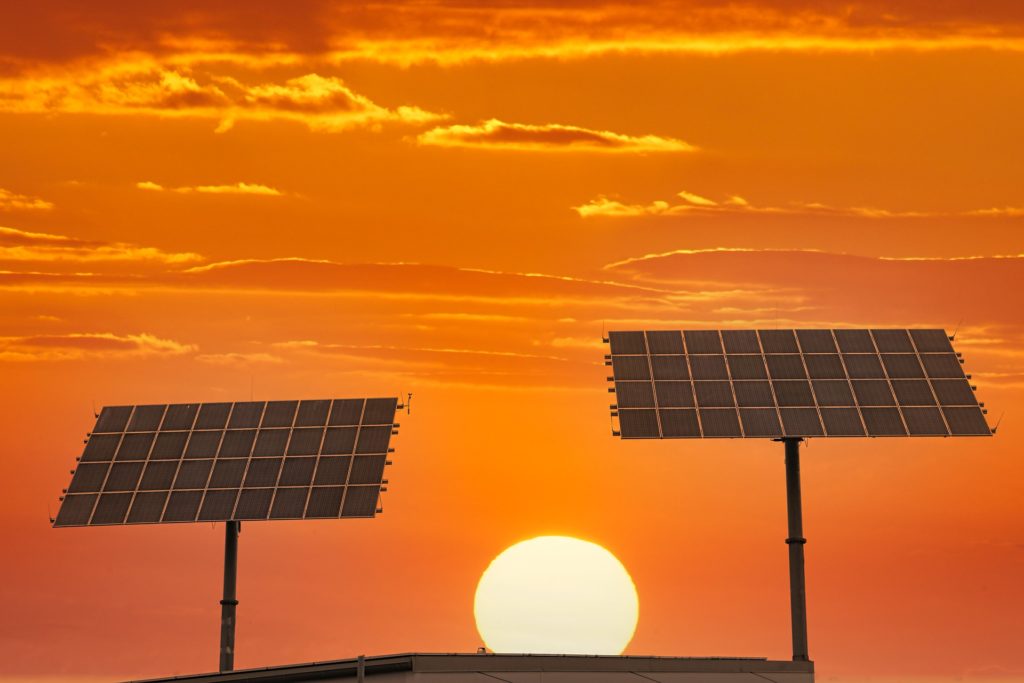TASHKENT
Uzbekistan will move a step closer to reducing its dependence on fossil fuels by securing financing for one of the first private-sector renewable energy projects in the country, a 100-megawatt solar power plant near the ancient Silk Road city of Samarkand.
The European Bank for Reconstruction and Development (EBRD), the European Investment Bank (EIB) and France’s Proparco, a subsidiary of Agence Française de Développement, have approved a financing package worth 87.4 million euros ($106 million) to build the plant, the EBRD said. Financing will be given to project developer Tutly Solar LLC, which is fully owned by Total Eren, a leading producer of power from renewable energy sources, based in France.
The package consists of an EIB loan of 43.7 million euros and two loans of around 21.8 million euros each from the EBRD and Proparco.
After more than two decades of economic isolation, Uzbekistan is working on improving its investment climate to attract foreign and private businesses. It is also seeking to reduce its dependence on fossil fuels by attracting investment to its as yet untapped renewable energy resources. Experts say that securing financing for the Samarkand plant will be a big step in developing the country’s renewable energy strategy.
President Shavkat Mirziyoyev, once a prime minister under the old regime, has led the push to open his country up to the outside world, making attracting foreign investors one of his top priorities, through an ambitious programme of unexpectedly swift economic reforms, as well as some political ones.
According to the EBRD, the plant will help diversify Uzbekistan’s energy mix, which is currently dominated by fossil fuel-fired power stations. It will also increase generation capacity and the reliability of supply to address the growing demand for electricity.
The EBRD has been working with Uzbekistan’s government to develop a long-term decarbonisation strategy, designed to achieve carbon neutrality in the power sector by 2050. Uzbekistan has been carrying out reforms in its energy sector to modernise its ageing infrastructure and implement energy-efficient technologies, as well as to develop clean energy. The country has an ambitious plan of developing 8 gigawatts of solar and wind capacity by 2030.
In April, Mirziyoyev signed a decree to build a hydrogen energy infrastructure to help the country with its transition to a “green” economy.
Once implemented, the Samarkand project will help reduce annual greenhouse gas emissions by 160,000 tonnes of carbon dioxide equivalent and generate an additional 270 GWh of electricity for thousands of residents of the Samarkand region.
After the plant is commissioned, the electricity produced by Tutly Solar will be sold to the operator, Uzbekistan’s National Electric Networks, through a 25-year power-purchasing agreement, the EBRD said.
The Samarkand region, located in Uzbekistan’s centre, has significant natural resources such as marble, carbonate and granite, as well as a developed agricultural infrastructure, producing cotton, cereal, and wine grapes. Food processing, textile and ceramics industries are also active in the region.
The city of Samarkand is the second biggest in the country and is famous for its beautiful mosques and mausoleums. It sits on the Silk Road, the ancient trade route linking China to the Mediterranean.
Separately, Uzbekistan’s Energy Ministry signed a memorandum of understanding with Assystem Engineering and Operation Services (France) with an intention to study the implementation of joint renewable energy projects.
The cooperation includes project management, engineering design and consulting on renewable energy sources, including solar, wind and hydrogen as well as support for the development of energy storage systems.

